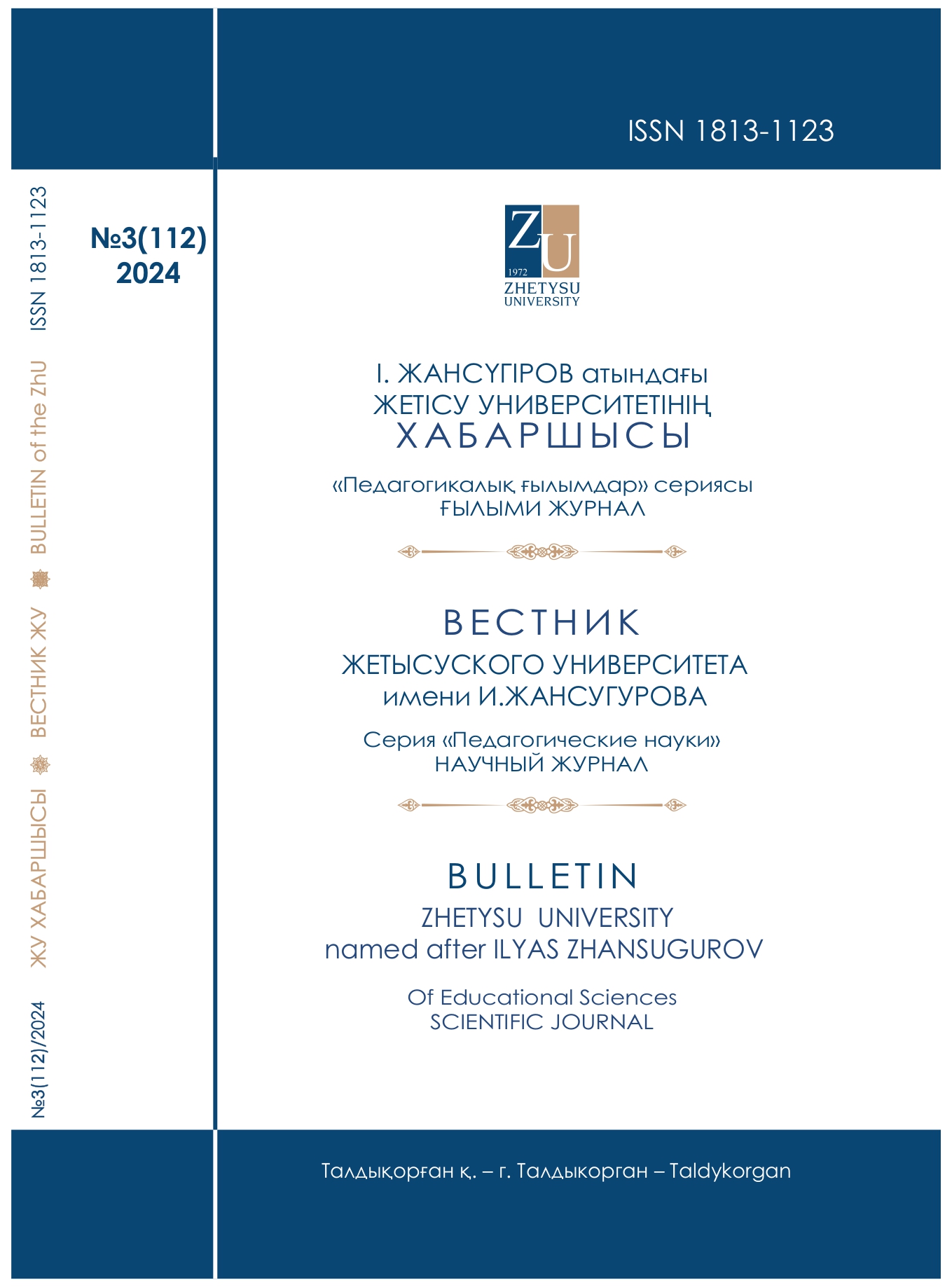POTENTIAL OF FOLKLORE IN THE FORMATION OF LINGUOCULTURAL COMPETENCE OF PRIMARY STUDENTS IN ENGLISH LESSONS
DOI:
https://doi.org/10.53355/ZHU.2024.112.3.014Keywords:
primary students, folklore, methodology of teaching English, dialogue of cultures, teaching materialAbstract
Modernization of language education today requires the introduction of the most new and
effective educational resources into the teaching process. In this regard, the use of folklore in
language teaching has the potential to become a significant educational resource for the formation
of students' linguocultural competence. On this basis, the article examines the significant role of
folklore material - fairy tales, proverbs, songs and poems - in the process of learning English in
primary grades. This emphasizes the dynamics of the mental development of the child's
personality, as well as the key components of this educational process: cognitive, linguistic and
motivational. The author of the article considers English folklore as a means of formation of
linguo-country competence in primary students on the example of analysis of the ‘Spotlight’
‘Smiles’ and ‘Starlight’ teaching materials. In the article the author considers the possibility of
using folklore material in teaching English to primary school students as an effective means of
formation of speech skills and country knowledge, development of motivation and moral qualities
in primary school children.The article presents a structured plan of work with folklore material
for English lessons that provides educators with tools to engage students more deeply, allowing
them not only to master the language but also to enrich their inner world with cultural traditions.

 ҚАЗ
ҚАЗ РУС
РУС ENG
ENG
